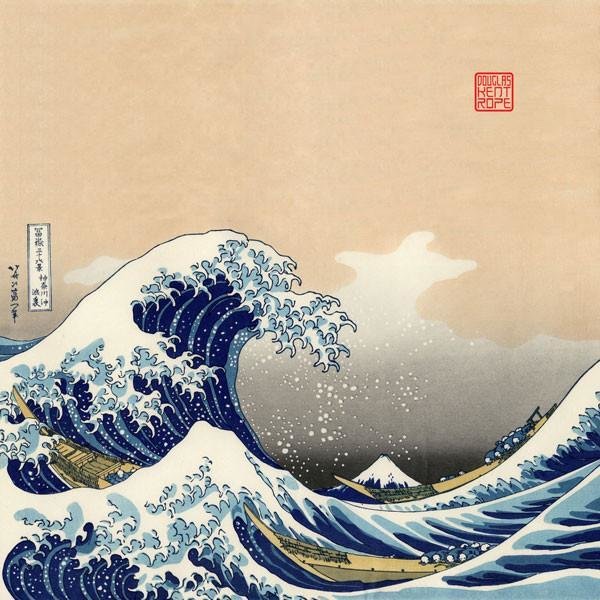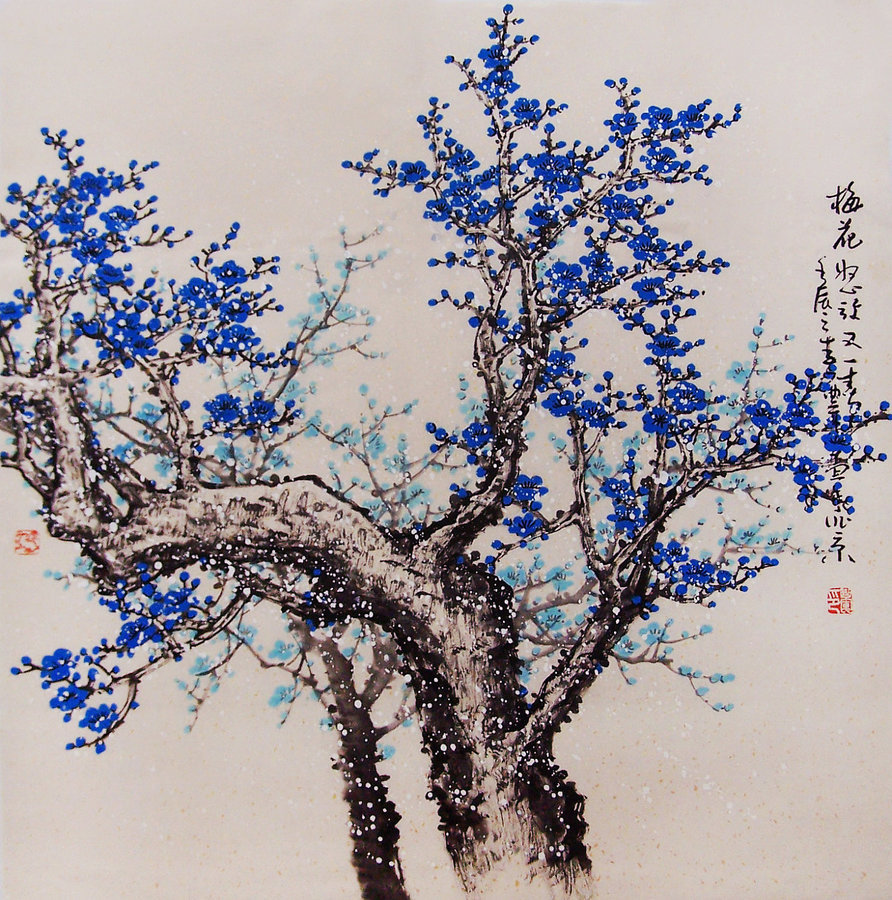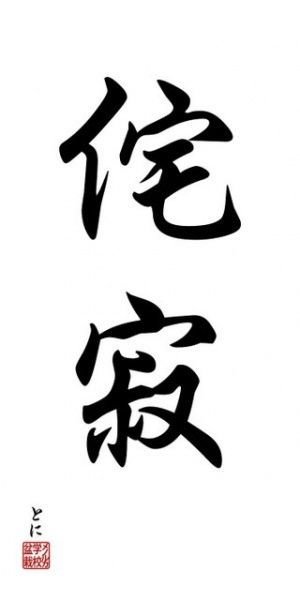Untranslatable Words FOA
Japanese
Nick Bachelder
言語





Culture and life in Japan revolves largely around morals of respect, dignity, and a philosophical world view. Mental harmony is key in Japan and emotions are analyzed deeply. The Japanese language directly reflects Japan's extremely philosophical culture; it affects and structures the world view in Japan and represents good examples of the Sapir-Whorf theory and Linguistic determinism.
Wabi-Sabi
"侘寂"

A way of living in which one always focuses on looking for beauty in the imperfections of the world.

- Directly relates to Japans morals of a philosophical world view
Kuidaore
- To eat until you are economically unstable or until you have ruined your life
食い倒れ

*Japans large amount of renowned
food is valued
Yatta -
The feeling of accomplishment ad joy after completing a job or task

やった
*Elaborates on emotion, a staple of philosophy in Japanese culture
Yoisho
A word with no exact meaning; it expresses an exclamation like a grunt or sigh.


Directly affects how one expresses themselfs on a daily basis
Komorebi
木漏れ日
Taking delight in other peoples joy; contagious happiness; empathetic joy

*Connects to Japan's morals of living in unison and avoiding selfish tendencies. "Western=Selfish"
Aware
The bittersweet feeling when observing a beautiful yet fading moment or object in time

Again, dwelling on and analyzing emotion and nature philisophically
Citations
- Mukherjee, Supriyo. "20 Cool Japanese Words That The English Language Cannot Boast Of." ScoopWhoop. N.p., n.d. Web. 18 Oct. 2016.
- "11 Beautiful Japanese Words That Don't Exist In English." Odyssey. N.p., 2015. Web. 18 Oct. 2016.
- Turnerwright, By. "37 Weird Japanese Words You Won’t Believe Exist." FluentU Japanese. N.p., n.d. Web. 18 Oct. 2016